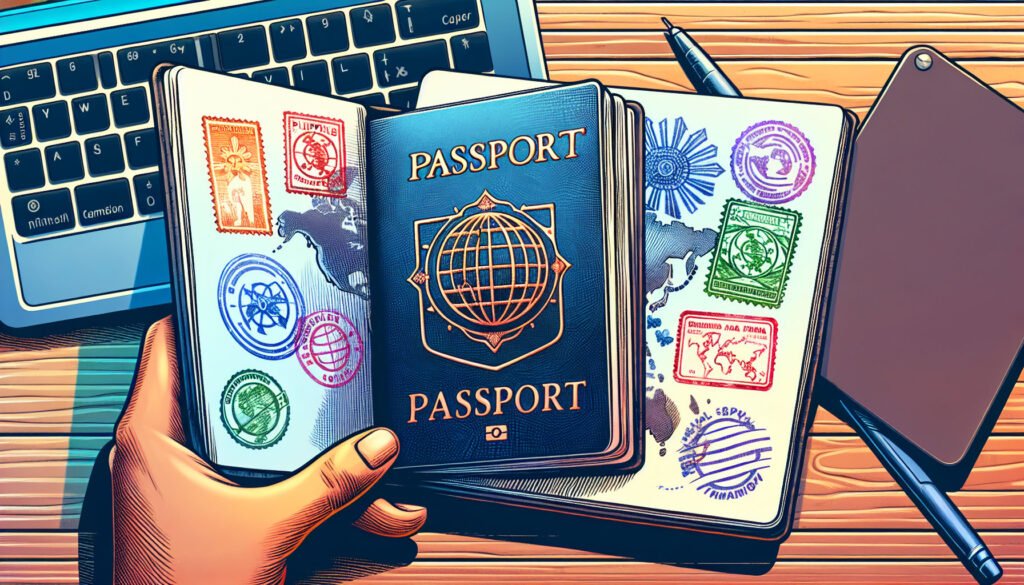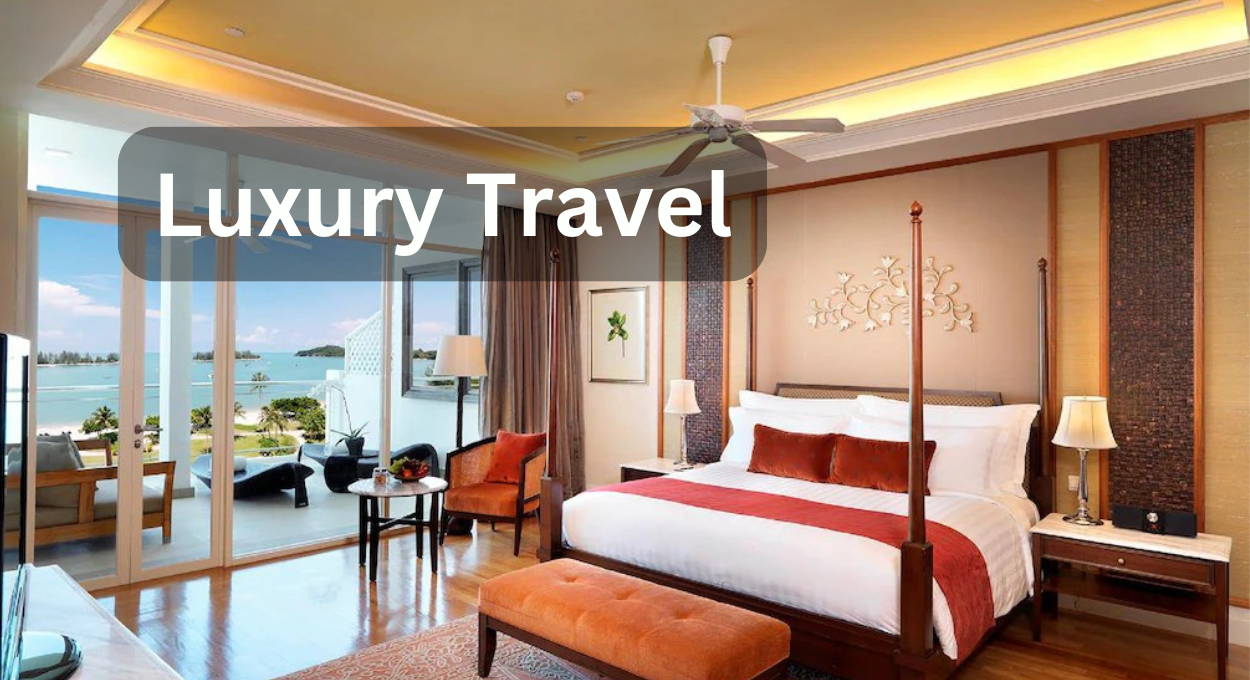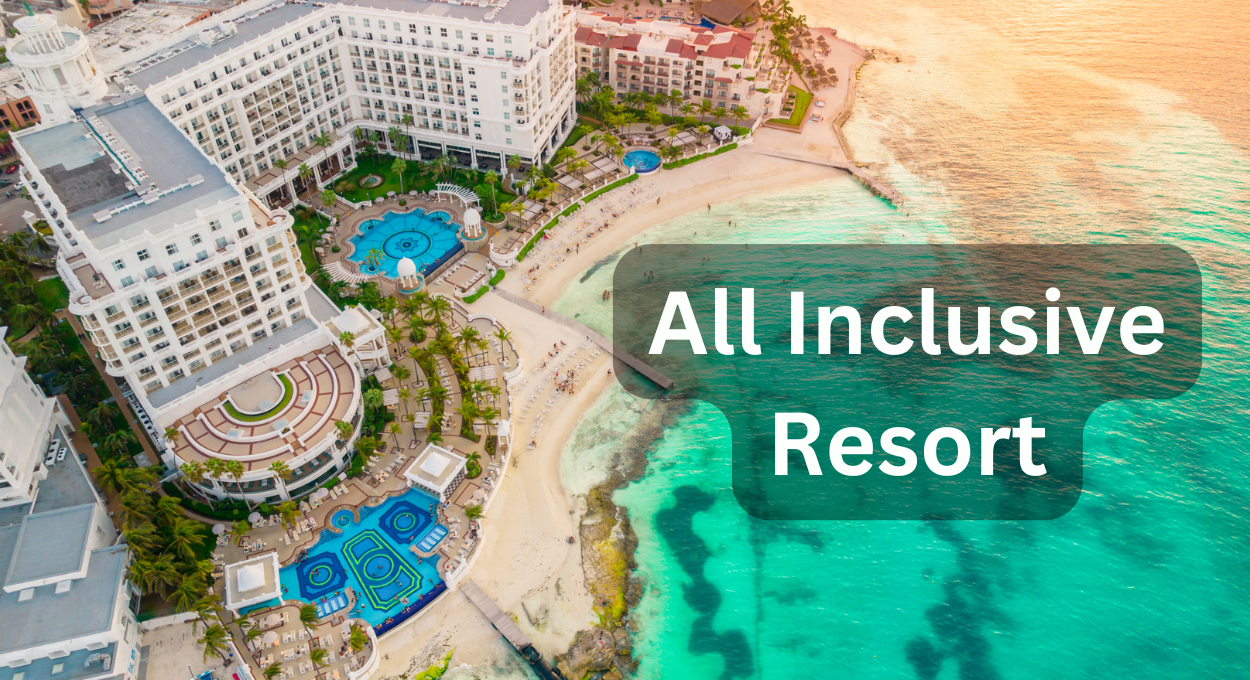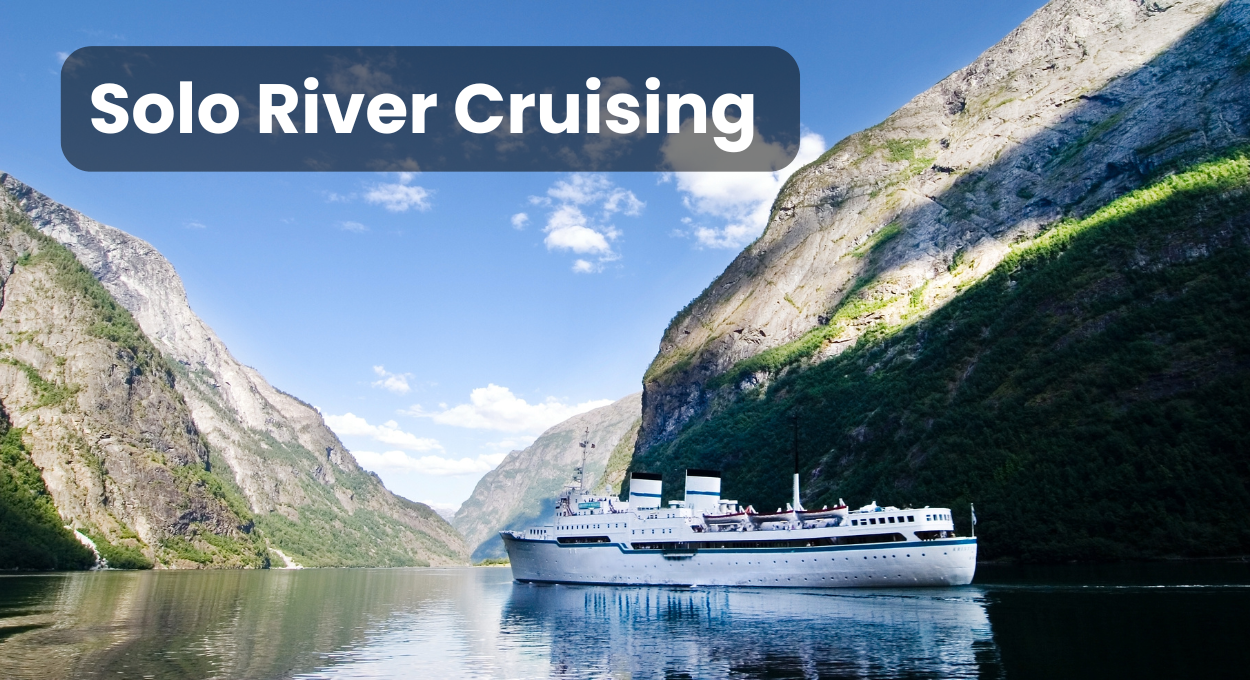Curious about living and working remotely from the Philippines? The newly introduced Philippines digital nomad visa, launched in June 2023, makes it possible. This article will guide you through the key aspects, including eligibility criteria, required documents, costs, and the step-by-step application process. Get ready to turn your remote work dreams into reality in this tropical paradise.
Key Takeaways
-
- The Philippines Digital Nomad Visa lets remote workers live and work for foreign entities in the Philippines for up to 2 years while boosting local tourism and economy.
- To qualify, you need annual earnings of at least $24,000, a valid passport, proof of remote work, financial statements, international health insurance, and a clean criminal record.
- The application process involves an online submission followed by an in-person appointment at a Philippine embassy or consulate, with a processing time of about 2-3 months.
1 Understanding the Philippines Digital Nomad Visa

The Philippines Digital Nomad Visa is the country’s latest innovation aimed at the burgeoning remote work sector. Launched in June 2023, this visa is the answer to digital nomads’ prayers, allowing them to enjoy the archipelago’s beauty while continuing their work for foreign entities.
It’s not just a ticket to an island escape; this program is a strategic move by the Philippine government to offer digital nomad visas, boost the economy and tourism, infusing the local markets with the international flavor and spending power of digital professionals.
With a vision to cater to employees, freelancers, and business owners, the visa is a one-year pass to paradise with an option to renew for another year, offering unparalleled flexibility for those who’ve mastered the art of working from anywhere.
The Philippine government recognizes the potential in the digital nomad community and is setting the stage for a symbiotic relationship where nomads can enjoy the digital nomad lifestyle while contributing to the vibrant local economies.
Eligibility Criteria for the Philippines Digital Nomad Visa

Dreaming of making the Philippines your temporary home office? The eligibility criteria for the Philippines digital nomad visa are refreshing. They are notably inclusive.
People from around the globe are welcome to apply, provided they intend to continue their remote work within the country’s welcoming borders. The primary target? Remote workers who have clients or employers based outside of the archipelago.
However, with great tropical opportunity comes a bit of financial prerequisite. To ensure that digital nomads can comfortably sustain their island life, there’s a minimum income requirement to meet.
You’ll need to prove that you earn roughly $24,000 USD annually, which equates to about $2,000 per month. This ensures that while you’re taking conference calls with a view of the ocean, you’re also contributing to the local economy without taking jobs away from the local population.
Requirements for the Philippines Digital Nomad Visa

So, you’ve checked off the eligibility criteria, what’s next? Preparing your application means gathering key documents to demonstrate your remote work bona fides. You’ll need:
-
-
- A valid passport
- Proof of your remote work
- A financial statement showing you meet the minimum income requirement
- A comprehensive international health insurance policy
- A clean criminal record from your home country
-
The Philippines takes the health and safety of its residents and visitors seriously, so health insurance coverage and other important documents are also on the checklist.
This suite of requirements is designed to ensure that as a digital nomad, you’re fully prepared for a productive stint in the Philippines.
It’s not just about the paperwork; it’s about peace of mind, knowing that you can work remotely in a foreign country with all the necessary support and safeguards in place.
Application Process for the Philippines Digital Nomad Visa

Embarking on your digital nomad adventure in the Philippines starts with an application process that is as breezy as the island’s coastal winds.
The first step? Heading online to the government’s visa portal to submit your application. After you’ve filled out the necessary forms and uploaded your documents, you’ll select the Philippine embassy or consulate nearest you for the next part of the journey: the in-person application.
Online Application Process
The online part of your visa application is like setting up your base camp before a hike. It’s where you provide all your details, attach the required documents, and, yes, part with the visa application fee.
It’s a straightforward process, but attention to detail is key—make sure all your information is accurate and your documents are crystal clear. Once you’ve submitted everything, you’ll get to choose your embassy or consulate for the in-person follow-up.
It’s the digital equivalent of picking your trailhead.
The waiting game begins after you hit ‘submit.’ But don’t worry, it’s the perfect time to start planning your island itinerary or brushing up on your Tagalog.
While the online application doesn’t instantly whisk you to the Philippines, it sets the wheels in motion for the next exciting phase.
In-Person Application Process
After conquering the online realm, it’s time to step into the physical world of embassies and consulates. Here, you’ll schedule an appointment to present the original versions of your documents and, if you haven’t already, pay the visa fee.
It’s the moment where digital dreams intersect with reality, as you hand over your carefully curated paperwork to an actual human being.
This in-person meeting is more than just a formality; it’s an opportunity for visa holders to ensure everything is in order and ask any lingering questions about their upcoming adventure.
Once your documents are submitted and the visa fee is paid, all that’s left is to wait for the official nod of approval. Patience is a virtue, and soon enough, you could be swapping your office chair for a hammock by the sea.
Cost of the Philippines Digital Nomad Visa

Let’s talk numbers. You might be wondering how much it costs to turn your remote work dream into a tropical reality.
While the official cost has yet to be disclosed, you can expect to invest around $250 or €235 for the privilege of calling the Philippines your temporary home office.
Keep in mind, though, once your application is in, the fee is non-refundable—even if your request to become a nomad of the Philippine islands is denied.
It’s a small price to pay for a year—or potentially two—of living and working in one of the world’s most idyllic settings at an affordable cost. Think of it as:
-
-
-
- an investment in your work-life balance
- a down payment on daily doses of vitamin sea
- a budget-friendly option compared to many other destinations vying for your laptop and hammock setup.
-
-
Processing Time for the Philippines Digital Nomad Visa
Time is of the essence, especially when you’re itching to trade city skylines for sunsets over the sea. The processing time for the Philippines digital nomad visa is anticipated to be 2-3 months.
It may seem like a long wait, but it’s a necessary interval to ensure all applicants are thoroughly reviewed and that your future basecamp is ready for your arrival.
Use this waiting period wisely. Start packing, plan your departure, or perhaps take a short course in Filipino culture to prepare for your immersive experience. Remember, good things come to those who wait, and in this case, the wait leads to white sandy beaches and crystal-clear waters.
Benefits of the Philippines Digital Nomad Visa
Now, what’s in it for you besides the obvious allure of palm trees and turquoise waters? For starters, the Philippines digital nomad visa is your golden ticket to evade local income tax on the money you earn from your overseas clients or employer.
That’s right, your foreign-earned coins stay in your pocket, not the taxman’s. This financial perk is a significant boon, especially when you consider that the cost of living in the Philippines can be incredibly friendly to your wallet.
With the ability to stay for up to 24 months, you’ve got ample time to explore the archipelago’s 7,000+ islands, dive into its rich culture, and build meaningful connections with both the local and expat communities.
It’s a chance to truly immerse yourself in the digital nomad lifestyle and embrace the flexibility that comes with it.
Living in the Philippines as a Digital Nomad
Living as a digital nomad in the Philippines can be as sweet as the mangoes growing on its trees. With living expenses averaging around $500 per month for a single person, you can enjoy an affordable lifestyle while earning significantly more.
This cost efficiency extends to groceries, accommodations, and the vibrant street food scene, giving you more bang for your buck and a taste of local delicacies.
But life in the Philippines isn’t without its challenges. Internet speeds can be a test of patience, and the traffic might just redefine your concept of a ‘quick trip’.
However, the Philippines offers a growing digital nomad community, coworking spaces with reliable internet, and a chance to connect with local entrepreneurs who share your spirit of adventure.

Major Cities for Digital Nomads in the Philippines
While the entire country beckons with its charm, certain locations stand out as digital nomad hotspots. Each city offers a unique blend of amenities, community, and resources to support your remote work lifestyle.
Manila, Cebu City, and Davao City are the top contenders, providing the essentials like fast internet, coworking spaces, and a sense of belonging among like-minded individuals.
Manila
Manila is the pulsing heart of the Philippines, where ancient history meets modern hustle. As a digital nomad, you’ll find the city’s internet connectivity to be the most robust in the country, with neighborhoods like Makati and Bonifacio Global City (BGC) leading the charge.
Coworking spaces such as WeWork and PenBrothers offer not just a desk and wifi but also a community to network with.
While Manila’s internet speeds may not compete with those in other Southeast Asian capitals expect decent internet, it more than makes up for it with its energy and diversity.
You’ll never be short on inspiration or company in this bustling metropolis, where the digital nomad lifestyle is thriving and continuously evolving.
Cebu City
Cebu City is where culture, convenience, and coastline converge. Renowned for its historical landmarks and vibrant life, it’s a paradise for digital nomads who value a blend of work and wanderlust.
The city’s IT Park area is a beacon for fast internet, ensuring that your Zoom calls are as clear as the nearby waters.
Coworking spaces like ASPACE and The Company IT Park are where you’ll find a supportive community and the amenities you need to stay productive. When it’s time to log off, world-class beaches are just a short trip away, offering the perfect backdrop for your after-hours escape.
Davao City
Davao City, on the other hand, promises an affordable and laid-back lifestyle without compromising on the necessities for a digital nomad. It’s a place where your budget stretches further, and the internet connectivity is reliable enough to ensure you stay on top of your game professionally.
The city’s calm demeanor is a stark contrast to the hectic energy of Manila, offering a slower pace that can be a welcome change for digital nomads seeking tranquility.
With its cost-effectiveness and dependable internet, Davao is an emerging hub for remote workers looking to balance productivity with peace of mind.
Challenges of Being a Digital Nomad in the Philippines
Living the dream as a digital nomad in the Philippines isn’t without its hurdles. For starters, navigating the infamous traffic congestion can turn short errands into hours-long odysseys.
Then there’s the internet—while coworking spaces offer sanctuary with stable connections, internet cafes, you may find yourself at the mercy of unpredictable wifi.
Safety is another consideration, with petty crime like pickpocketing posing a risk in crowded areas. And while the Philippines is embracing remote work, the ecosystem is still in its infancy, which can bring challenges in finding local services tailored for digital nomads.
Tax Implications for Digital Nomads in the Philippines
When it comes to taxes, the Philippines offers a sweet deal for nomads:
- .
- .
- .
- .
- You’re exempt from local income tax on your foreign-earned income, meaning you don’t have to pay income tax on that portion.
- However, should you decide to dabble in local ventures, you’ll need to navigate between percentage tax or value-added tax (VAT), depending on your annual sales.
- Those earning below PHP 3,000,000 annually pay a percentage tax of 3%.
- A 12% VAT kicks in above that threshold.
- .
- .
- .
The tax structure is designed to be friendly to digital nomads, with the option of a simplified 8% tax rate on gross income for self-employed individuals.
And since the Philippines taxes non-residents only on income earned within the country, your international income remains untouched by local tax obligations.
Renewal Process for the Philippines Digital Nomad Visa
Your digital nomad journey in the Philippines doesn’t have to end after the initial 12 months. The renewal process is as straightforward as the initial application, offering you another year to explore and work amidst the country’s splendor.
To keep your nomadic dreams alive, simply submit a renewal request along with updated documentation proving your ongoing remote employment.
This process is the government’s way of saying, “Stay a little longer, we like having you around.” It’s a nod to the positive impact that digital nomads have on the local economy and culture. A kind of digital nomad act.
Remember, maintaining your eligibility is key, so keeping your remote work arrangement and meeting the visa’s income requirements will ensure your extended stay is as smooth as the island’s coconuts are sweet.
Tips for a Successful Digital Nomad Experience in the Philippines
To make the most of your digital nomad life in the Philippines, a few tips can go a long way. First, protect your online endeavors with a secure VPN—essential in a country that’s still catching up on cybersecurity.
An unlimited internet plan on a local SIM card can be a lifesaver when broadband lets you down, ensuring you’re always connected, even on the go.
Don’t underestimate the power of local knowledge and a decent internet connection. Learning basic Tagalog phrases will endear you to the locals and might even snag you some discounts.
And while you’re at it, use Facebook as your business directory—many local businesses forgo traditional websites in favor of social media.
Embrace these local quirks, and you’ll find yourself not just working in the Philippines but thriving in its digital nomad community.
Similar Digital Nomad Visas in Southeast Asia
The archipelago isn’t the only Southeast Asian destination rolling out the welcome mat for digital nomads. Neighboring countries like Malaysia, Thailand, and Indonesia offer similar visas, each with its own set of perks and requirements.
- .
- .
- .
- .
- .
- Malaysia’s program beckons high-income earners with an annual threshold similar to the Philippines’.
- Thailand offers a Smart Visa for entrepreneurs, investors, and highly skilled professionals.
- Indonesia has a Temporary Stay Visa for foreign workers, including digital nomads.
- .
- .
- .
- .
These countries provide options for digital nomads looking to live and work in Southeast Asia.
As the region becomes a mecca for digital nomads, Vietnam is also expected to join the club with its own visa program. These countries understand the value that wandering professionals bring: a blend of international perspective and local engagement that enriches both the digital nomad community and the host country.
Summary
From the crisp mountain air of Baguio to the bustling streets of Manila, the Philippines offers a tapestry of experiences for digital nomads. The Digital Nomad Visa is your gateway to this diverse and enchanting country, where work-life balance isn’t just a concept, it’s a daily practice.
With its affordable cost of living, friendly tax regime, and welcoming community, the Philippines has positioned itself as a top destination for digital professionals looking to expand their horizons.
As we wrap up our journey through the ins and outs of the Philippines Digital Nomad Visa, remember that the archipelago’s true magic lies in its ability to blend the digital nomad lifestyle with rich cultural experiences. So why not make the Philippines your office for the next year or two? Embrace the adventure, the community, and the opportunity to create work that’s as inspiring as the islands themselves.







